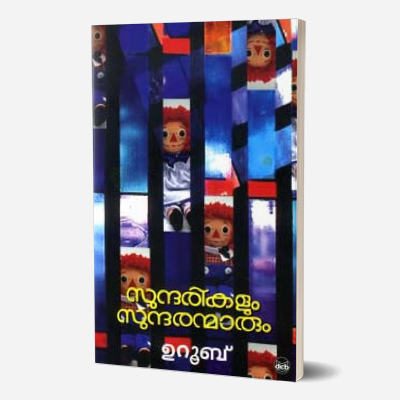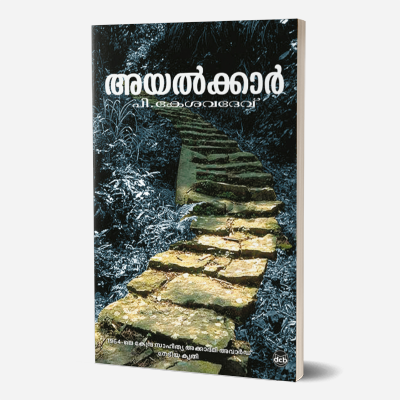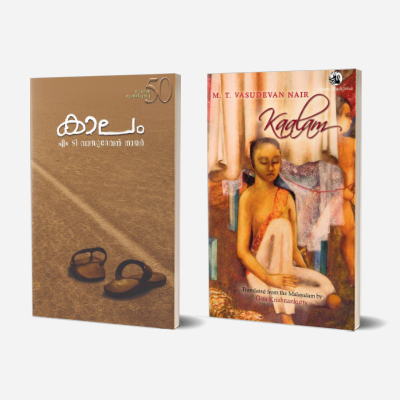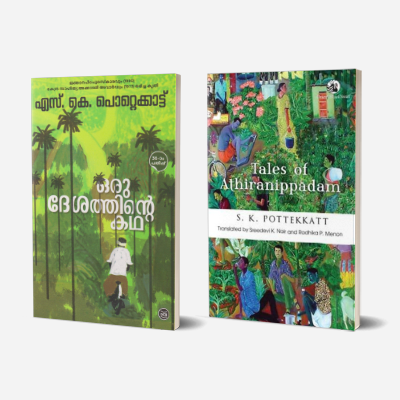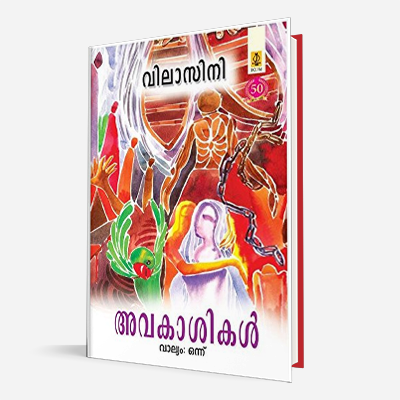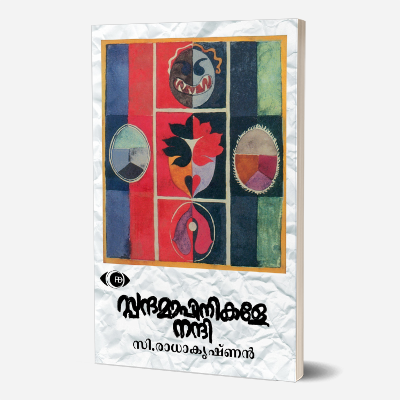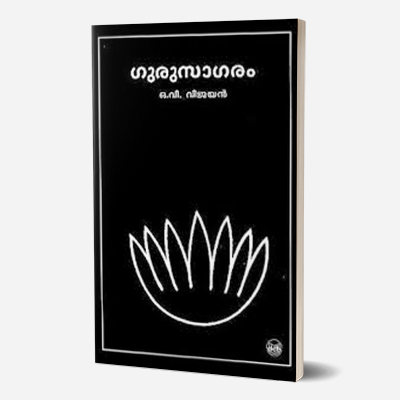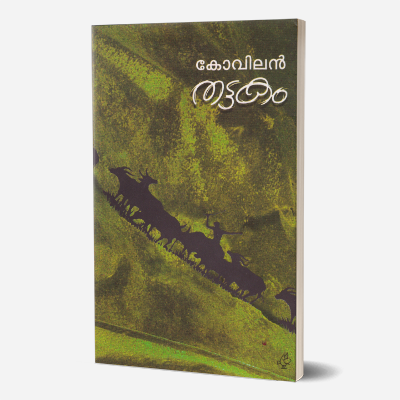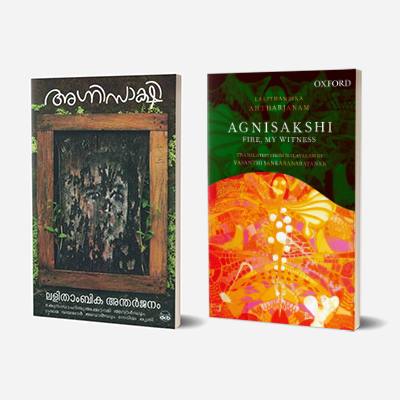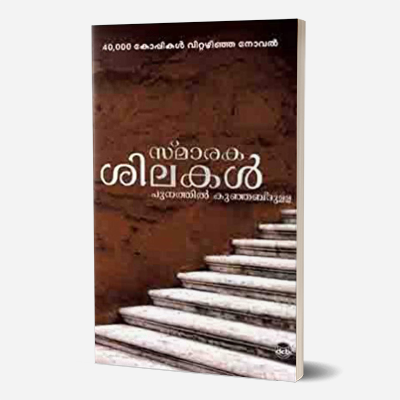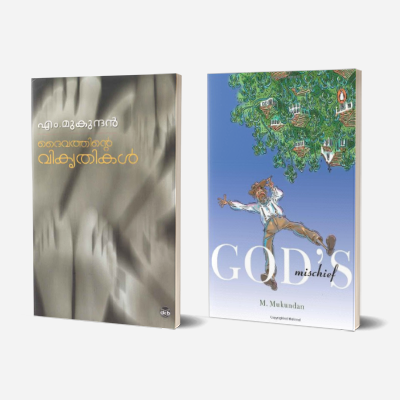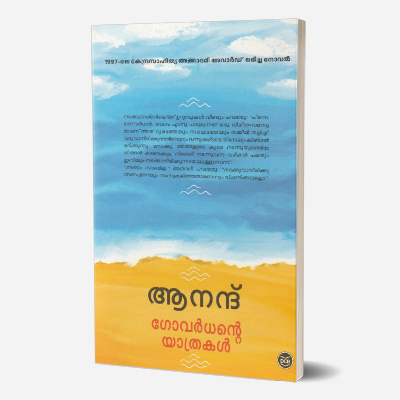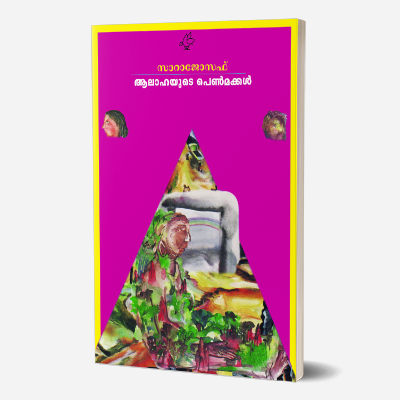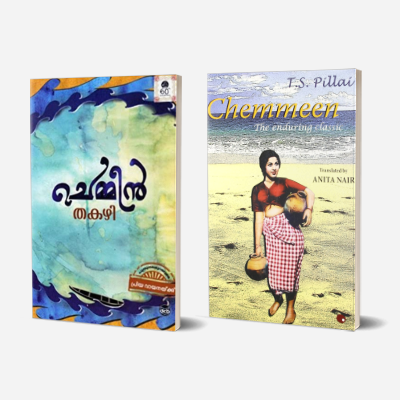Sundarikalum Sundaranmarum
By Uroob (P. C. Kuttikrishnan)
Sundarikalum Sundaranmarum is considered one of the best works by Uroob and is ranked among the finest novels in Malayalam. The novel has about thirty characters belonging to three generations of eight families belonging to Malabar during the end of the Second World War, when the famous Moplah rebellion broke out in Kerala. Sundarikalum Sundaranmarum was serialised in Mathrubhumi Weekly in 1954 and was published as a book in 1958. The original title Sundarikalum Sundaranmarum can be literally transliterated as Men and Women of Charm. Literary critic M. Achuthan in his introduction to the book, calls it first a chronicle, then a cultural history and finally a kind of historical novel. It won the prestigious Sahitya Akademi Award in 1960.
About the Author:
Along with Basheer, Thakazhi, Kesavadev, and Pottekkatt, Uroob (1915 – 1979) was counted among the progressive writers in Malayalam during the twentieth century. He was known for Sundarikalum Sundaranmarum, Ummachu which are ranked among the finest novels in Malayalam, short stories like Rachiyamma and the screenplays of a number of Malayalam films including Neelakuyil, the first Malayalam feature film to receive the National Film Award.
Ayalkar
By P.Kesavadev
Ayalkar is acclaimed as the chronicle of the evolution of the three leading communities of the State of Kerala, the Nairs, Christians and Ezhavas from the days of feudalism to the post independent era. Writing about the tragedy of the disintegration of the two major tharavads – Mangalassery and Pachazhi, Kesavadev recreates their past and also narrates the trials and tribulations paving the way for their total destruction as well as the history of the state for a period of about fifty years from the times of feudalism to the rise of the new era. It won the Sahitya Akademi Award in 1964.
About the Author:
P. Kesava Pillai (1904 – 1983), better known by his pen-name P. Kesavadev, was a novelist and social reformer of Kerala, India. He is remembered for his speeches, autobiographies, novels, dramas, short stories, and films. Odayil Ninnu, Nadhi, Bhrandalayam, Ayalkar, Ethirppu (autobiography) and Oru Sundariyude Athmakadha are some among his 128 literary works. Kesavadev along with Thakazhi Sivasankara Pillai and Vaikom Muhammad Basheer are considered the exponents of progressive Malayalam Literature.
Kaalam (Time)
By M.T. Vasudevan Nair
Translated into English by Gita Krishnakutty
The book takes the reader along with Sethu Madhavan, the protagonist, through a journey across time (Kaalam). Sethu Madhavan, a young upper caste boy hailing from a joint family in erstwhile Valluvanad of Malabar, cruises through several hard times in emotional and financial hardships. He finally realises the worthlessness of achievements and understands that life is put at mere mercy of time and we need grace of Destiny to live a better life of our dreams. Set against the backdrop of land reforms, poverty and the crumbling matrilineal order of Kerala in a newly independent India during the early 1960s, Kaalam explores, with imagination and sensitivity, the dialectic of having and not having, of the links between ‘rising in life’ and the fall of integrity. It won the Sahitya Akademi Award in 1970.
About the Author
M.T. Vasudevan Nair, popularly known as MT, is one of the stalwarts in modern Malayalam literature and post-Independence Indian literature. Most of his works are oriented towards the basic Malayalam family structure and culture and many of them were path-breaking in the history of Malayalam literature. His three seminal novels on life in the matriarchal family in Kerala are Naalukettu which won the Kerala Sahitya Akademi Award in 1958, Asuravithu, and Sahitya Akademi Award winning Kaalam. Barring novels, he also has to his credit eighteen collections of short-stories, a play and nine other books which include critical writings, stories for children and travelogues. A Padma Bhushan and Jnanpith awardee, MT is also an acclaimed screenplay writer and film director.
Also read
Randamoozham
Translated into English as Bhima: Lone Warrior by Gita Krishnakutty
Widely regarded as MT’s masterpiece, Randamoozham is a retelling of the Indian epic Mahabharata from the perspective of Bhima, the second Pandava, always second in line—a story never adequately told until one of India’s finest writers conjured him up from the silences in Vyasa’s narrative. M.T. Vasudevan Nair’s Bhima is a revelation—lonely, eager to succeed, treated with a mixture of affection and contempt by his Pandava brothers, and with scorn and hatred by his Kaurava cousins, Bhima battles incessantly with failure and disappointment. All of Bhima’s moments of triumph remain unrecognized and unrewarded. If his mother saw glory only in the skills of Arjuna and the wisdom of Yudhishtira, his beloved Draupadi cared only for the beauteous Arjuna. One of the reasons critics cite for the novel’s cult following is its revisionism, that was a first time in Malayalam literature. It won the Vayalar Award in 1985 and Muttathu Varkey Award in 1994.
